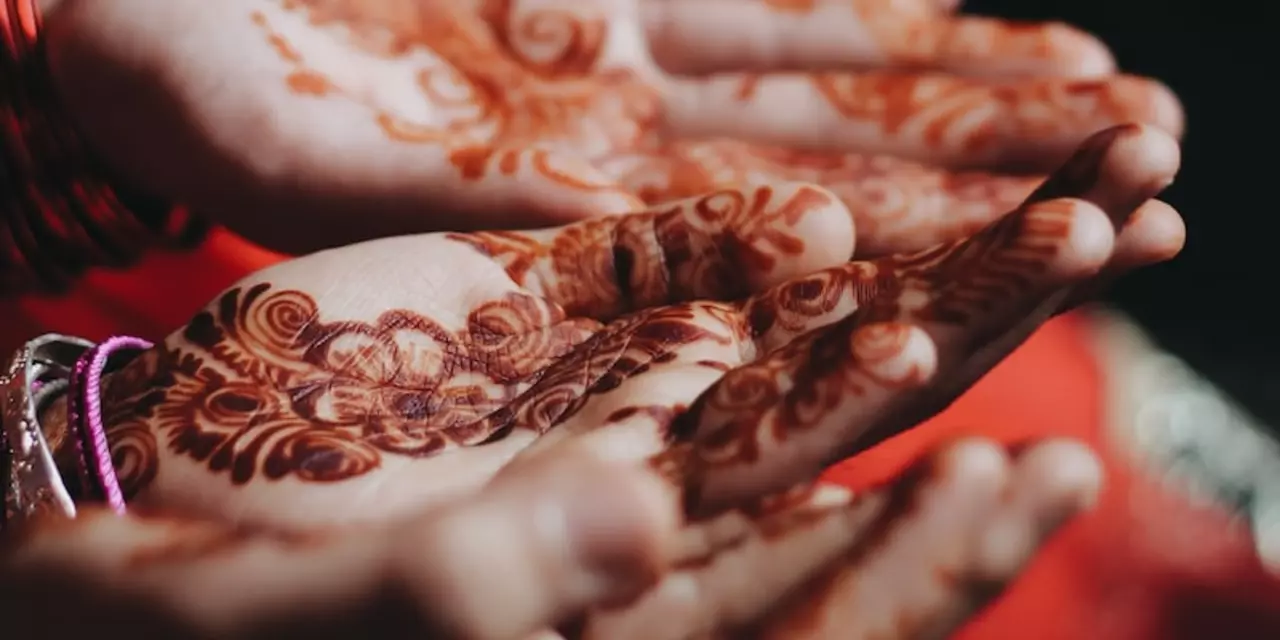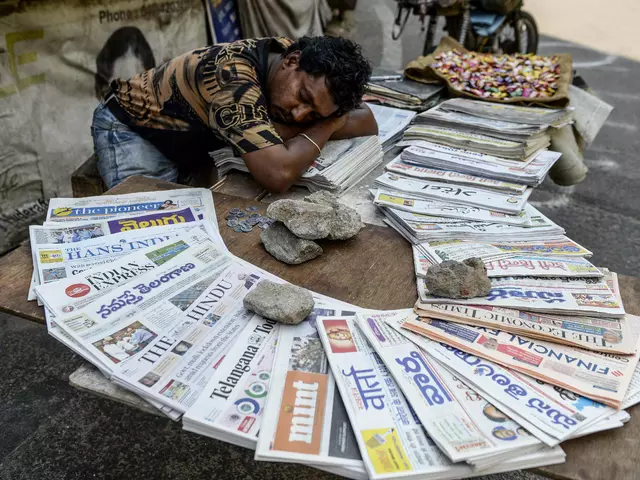India has been long-viewed as a country with an unfavorable reputation, but what are the reasons behind this? In this blog post, we will explore the reasons why India is considered to be unfavorable, and what can be done to promote a more positive image of the country.
One of the primary reasons India has an unfavorable reputation is because of its poverty. India is home to the second-largest population of poor people in the world, with nearly one-third of its population living below the poverty line. This extreme poverty has caused many to view the country as an undesirable place to live or visit.
Another factor contributing to India's unfavorable reputation is the lack of infrastructure. India's infrastructure is vastly underdeveloped, making it difficult for many people to access basic services such as medical care, education, and transportation. This lack of infrastructure also contributes to India's high levels of pollution, which is another source of the country's unfavorable reputation.
Finally, India is often viewed as a dangerous place due to its high crime rate. The country has a large population of criminals, which can make travelers feel unsafe. Additionally, India is also home to a large number of terrorist groups, which can further contribute to its negative image.
While India's unfavorable reputation might be justified in some cases, it is important to recognize that the country is also home to many wonderful people and places. India is a culturally rich country with a vibrant history, and it offers a wealth of opportunities for those who are willing to explore them. By taking steps to promote a more positive image of the country, it is possible to improve India's reputation and make it a desirable place to visit or live.
India is often seen as an unfavorable country in the eyes of many. Negative stereotypes have had a lasting impact on the way India is perceived around the world. These stereotypes can range from beliefs about poverty to the safety of women. This article will explore how these negative stereotypes have impacted India and its people, as well as the consequences they have had.
One of the most common stereotypes of India is that it is a place of poverty and deprivation. This is an inaccurate representation of India, as it is a country of great wealth and opportunity. Unfortunately, many people around the world still view India as a place of poverty and struggle. This stereotype has had a lasting effect on both the country's economy and its people. People from outside of India are often reluctant to invest in the country due to this stereotype, which has limited the economic growth of India.
The stereotype of India as an unsafe place for women is also pervasive. This stereotype has led to a situation where women in India are often treated as second-class citizens. Women are often not given the same respect as men and are seen as inferior. This has had a damaging effect on women's rights in the country and has hindered progress towards gender equality.
The negative stereotypes of India have also had a detrimental effect on the country's tourism industry. Many people are reluctant to visit India due to their perception of the country as unsafe or impoverished. This has had a significant impact on India's economy, as tourism is a major contributor to the country's GDP.
Overall, the negative stereotypes of India have had a profound impact on the country and its people. They have had a damaging effect on the economy, society, and the way in which people from outside of India perceive the country. It is important to understand the consequences of prejudice and work towards eliminating these stereotypes in order to create a more positive view of India.
- Poplular Tags
- india
- unfavorable
- perception
- culture











